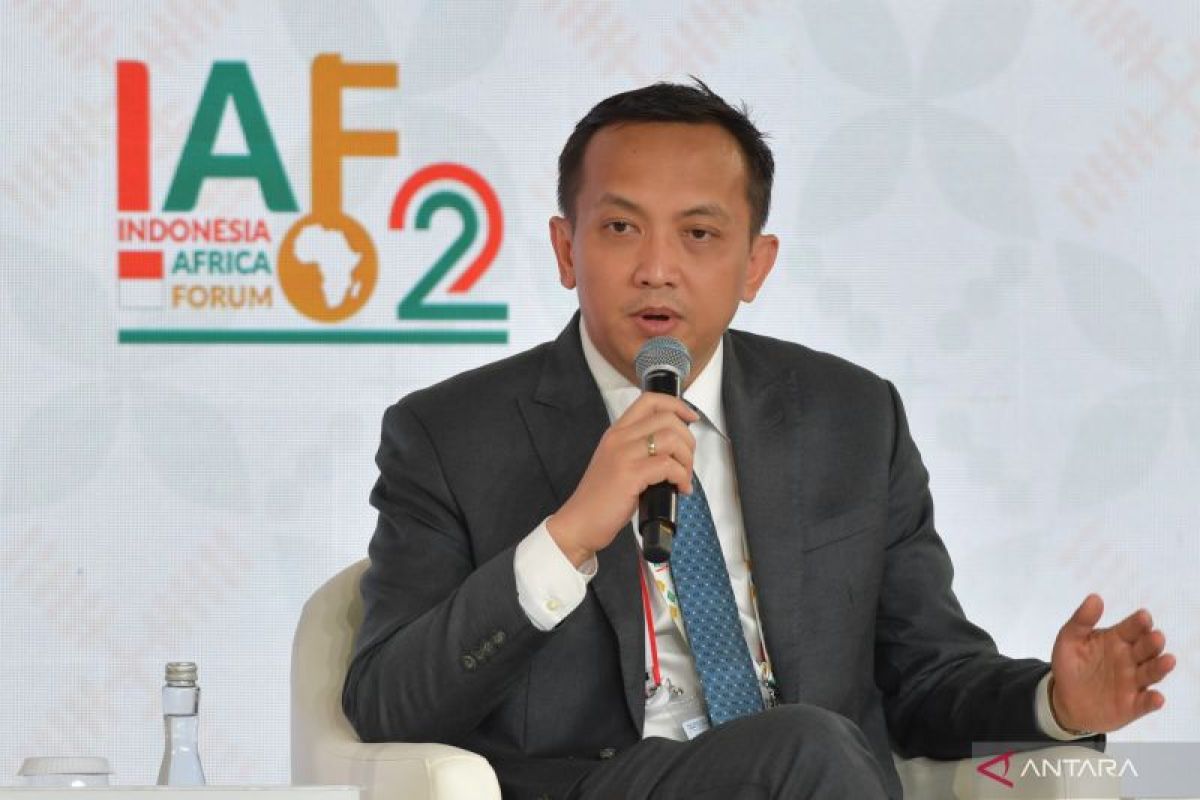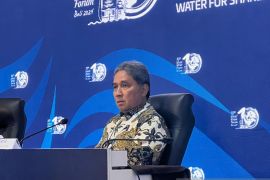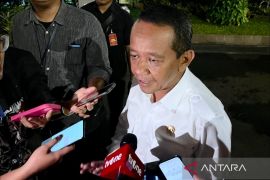"Mineral resources have to be developed for the prosperity of our people," the ministry's deputy for investment and mining coordination, Septian Hario Seto, said at Panel Discussion II of the 2nd IAF on Monday.
He underlined that currently, Indonesia has started to develop its value added industry, which, he said, relies on mineral resources.
Seto noted that the measures to develop the mineral industry have included banning the exports of mineral raw materials so that they can be processed in the country first before being exported to the international market.
He further said that the ban on exports of nickel raw materials, which has been implemented since 2014, has boosted the value of nickel product exports to around US$34 billion in 2024 from US$2.9 billion in 2014.
Through the development of the industry, Indonesia has been able to develop its eastern part, which was less developed compared to the western part, he said.
The mineral industry's development has also pushed the entry of foreign direct investment in the eastern regions, increased job creation, and reduced poverty, thereby creating prosperity for the people.
"If we just basically dig and export, without processing these minerals, creating significant value added for the country, then forever we will always be a mining country," he explained.
The 2nd IAF, themed "Bandung Spirit for Africa's Agenda 2063," is being held in Bali from September 1–3, 2024.
With the theme, Indonesia is aiming to make the Bandung Spirit of the 1955 Asian-African Conference a foundation to continue development cooperation between Indonesia and African countries in the future.
The forum is prioritizing cooperation in economic transformation, energy, mining, food security, health, and development, among others.
Related news: Indonesia outlines potential sectors for cooperation with Africa
Related news: Indonesia inks health investment deals worth US$94.1 mln at IAF
Translator: Katriana, Raka Adji
Editor: Tia Mutiasari
Copyright © ANTARA 2024












